Yemeni Houthi Ansarullah fighters stage show of force in Sana’a
Yemeni Houthi Ansarullah fighters have staged a show of force in Sana’a by holding a mass memorial ceremony for comrades killed during this month's bitter clashes with loyalists to slain former president Ali Abdullah Saleh for the control of the capital.
Hundreds of Ansarullah supporters thronged Sabaeen Square in Sana’a on Thursday as fighters clad in fatigues stood guard over rows of coffins wrapped in the national flag.
Ansarullah commander Yahya Mahdi told AFP that the Houthis were still holding Saleh's body.
Yemen’s Arabic-language al-Masirah television network also reported that the Interior Ministry had launched a campaign to seize the assets of high-profile figures in Saleh's General People's Congress party.
People in Saleh's party alleged that many of their comrades had been detained and some executed by Ansarullah fighters. There was no immediate independent confirmation though.
The International Committee of the Red Cross said that more than 230 people, including civilians, had been killed in the fighting between the Houthis and Saleh's loyalists.
There are reports that Sana’a residents have been stocking up on basic goods for fear of further violence.

Meanwhile, militiamen loyal to Yemen's former president Abd Rabbuh Mansur Hadi have retaken the Red Sea city of al-Khokha from Ansarullah fighters.
Local officials, requesting anonymity, said Saudi-backed Hadi loyalists launched an operation overnight and established control over the city. The news could not be independently verified.
In January, Ansarullah fighters took control of Khokha, which lies between the port city of Hudaydah, located 150 kilometers southwest of the capital, and Mukha, situated 346 kilometers south of Sana’a. While Houthis are in control of Hudaydah, Hadi supporters run Mukha.
Saudi Arabia has been incessantly pounding Yemen since March 2015 in an attempt to crush the popular Houthi Ansarullah movement and reinstate Hadi, a staunch ally of the Riyadh regime.
More than 12,000 people have been killed since the onset of the campaign more than two and a half years ago. Much of the Arabian Peninsula country's infrastructure, including hospitals, schools and factories, has been reduced to rubble due to the war.
The Saudi-led war has also triggered a deadly cholera epidemic across Yemen.
According to the World Health Organization’s latest count, the cholera outbreak has killed 2,167 people since the end of April and is suspected to have infected 841,906.

On November 26, the United Nations children’s agency (UNICEF) said that more than 11 million children in Yemen were in acute need of aid, stressing that it was estimated that every 10 minutes a child died of a preventable disease there.
Additionally, the UN has described the current level of hunger in Yemen as “unprecedented,” emphasizing that 17 million people are now food insecure in the country.
It added that 6.8 million, meaning almost one in four people, do not have enough food and rely entirely on external assistance.
A recent survey showed that almost one third of families had gaps in their diets, and hardly ever consumed foods like pulses, vegetables, fruit, dairy products or meat.
More than 3 million pregnant and nursing women and children under 5 also need support to prevent or cure malnutrition.
Diplomat discourages recourse to pressure, intimidation, confrontation against Iran
UN: 2024 deadliest year for aid workers amid genocide in Gaza
Gaza health official warns of hospital shutdowns within 48 hours
Israel kills 5 more paramedics in southern Lebanon: Health ministry
Iran to launch ‘new, advanced’ centrifuges in response to IAEA resolution: AEOI
Yemen fires hypersonic missile at Israeli airbase
VIDEO | New Delhi chokes under toxic smog as air quality remains at hazardous levels
VIDEO | Press TV's news headlines


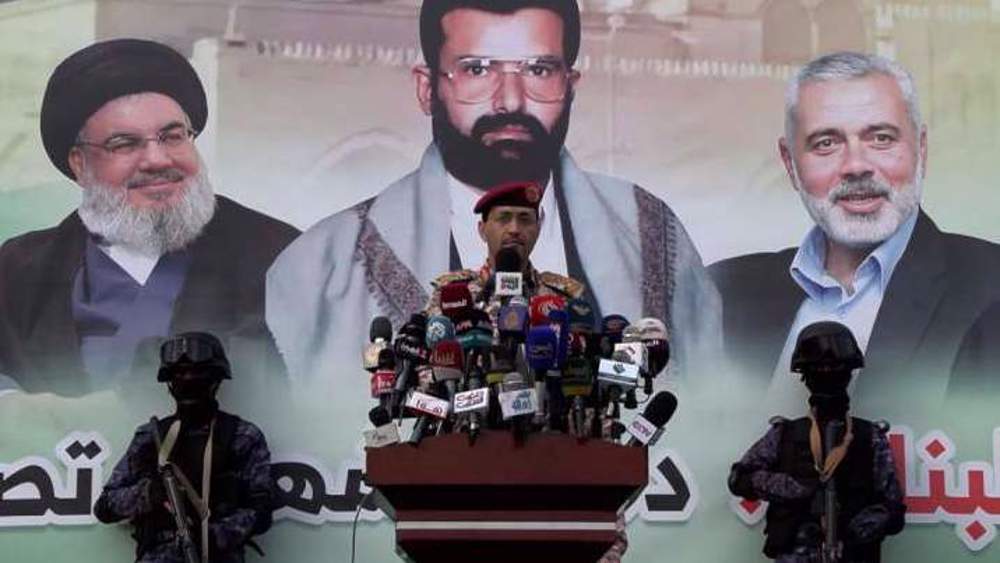
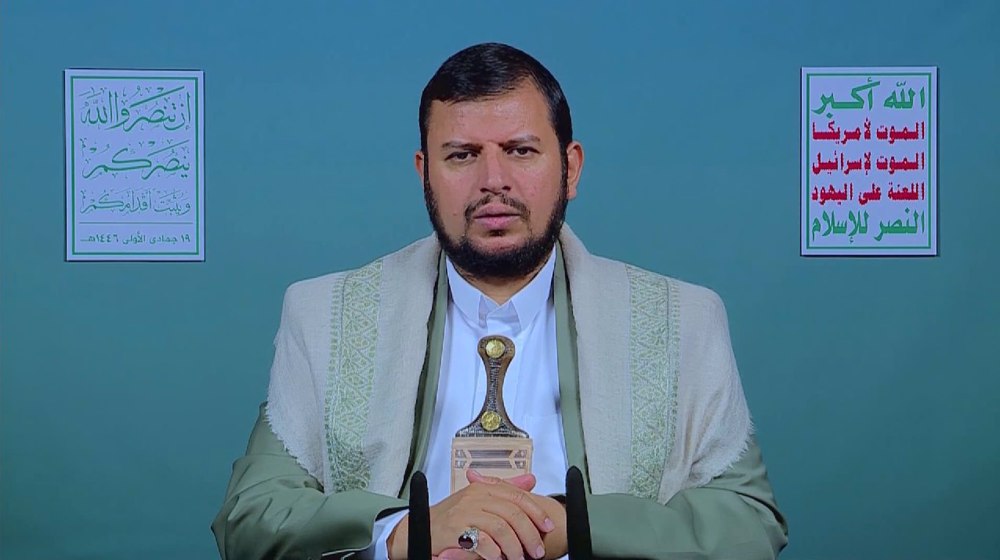
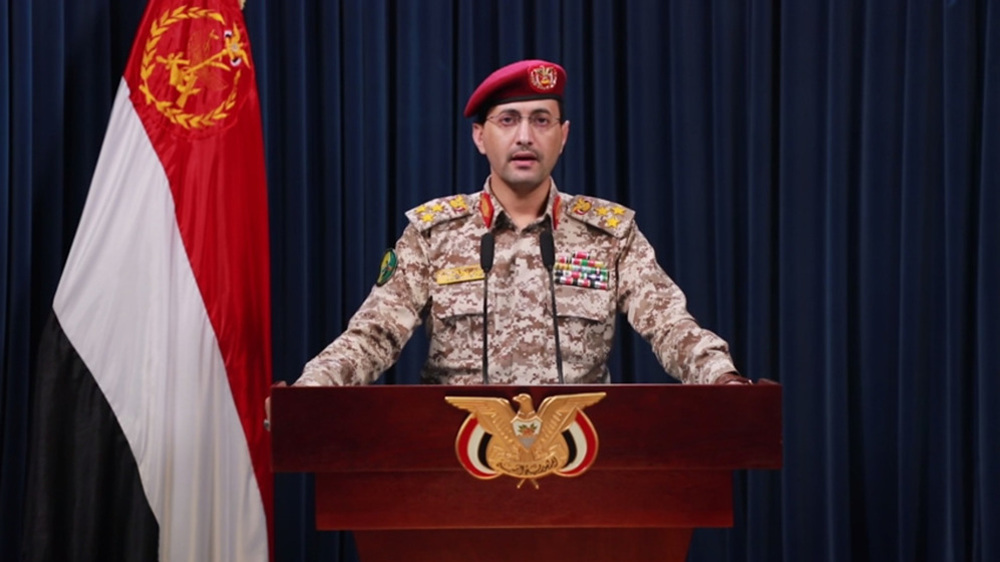



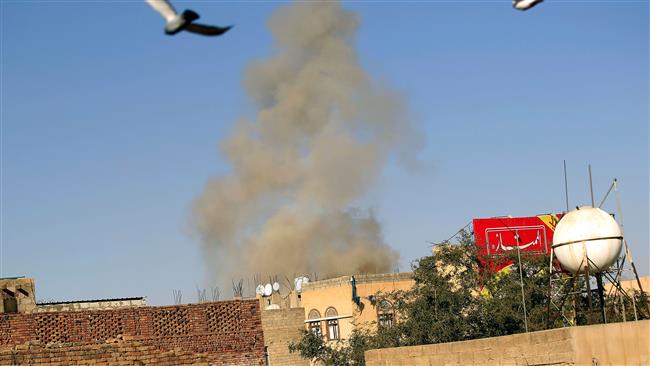
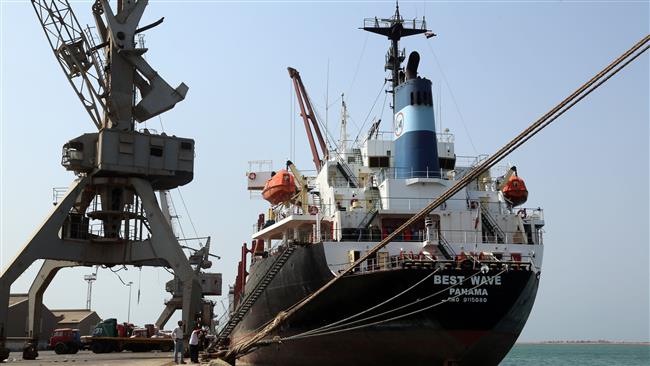
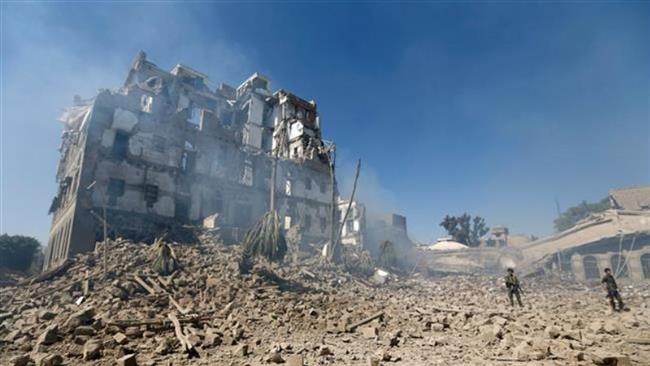
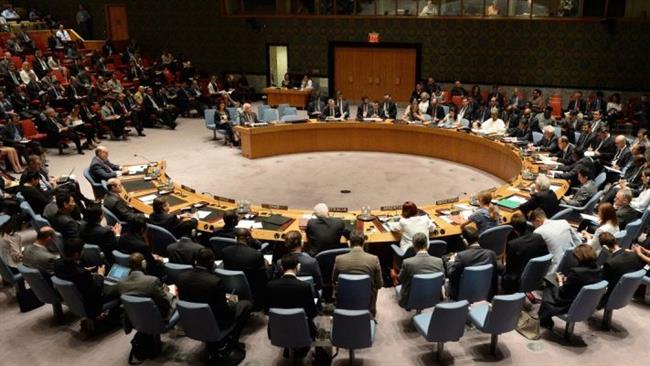
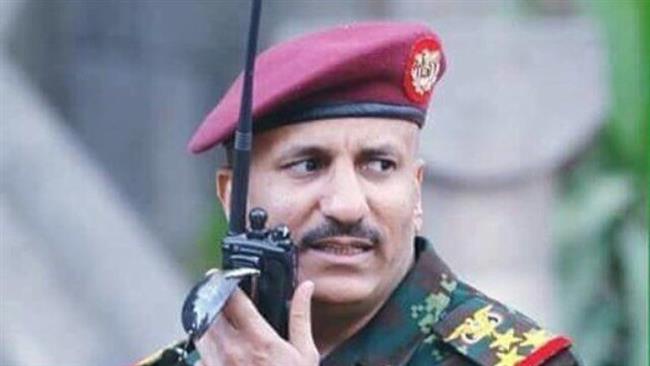
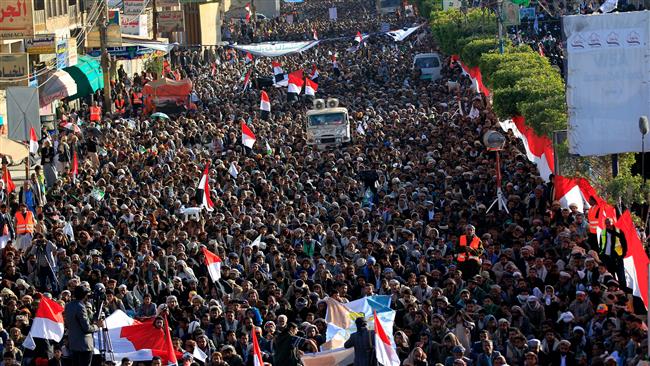
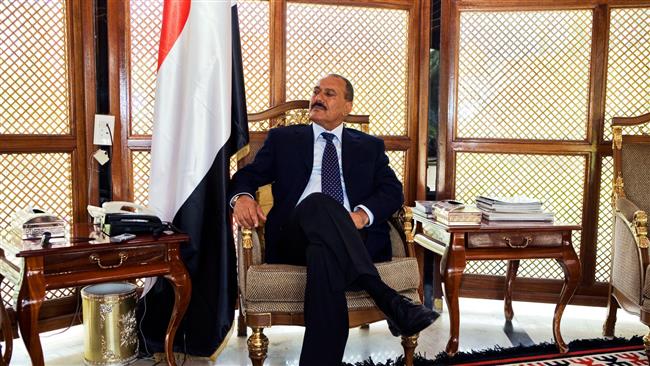
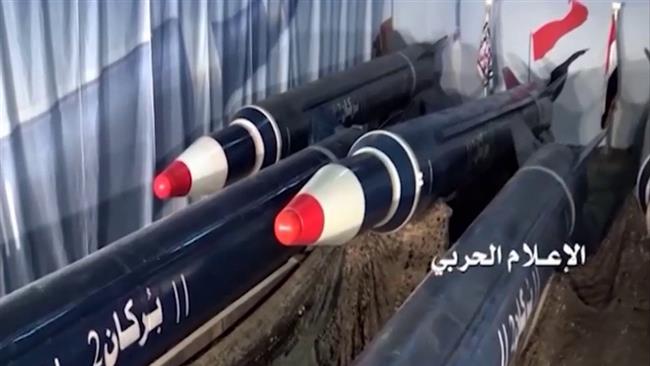
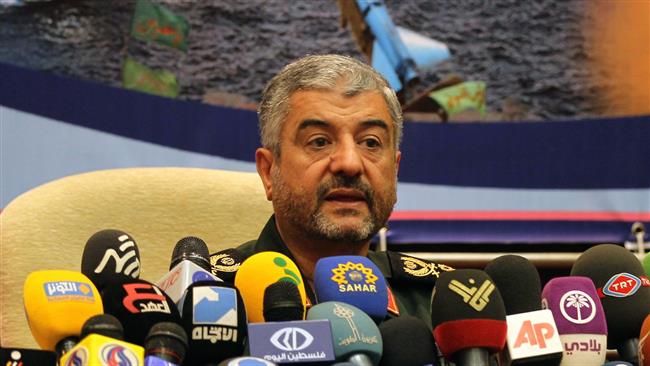
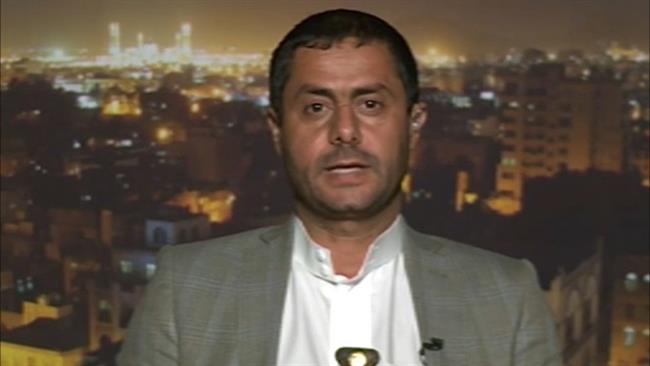

 This makes it easy to access the Press TV website
This makes it easy to access the Press TV website